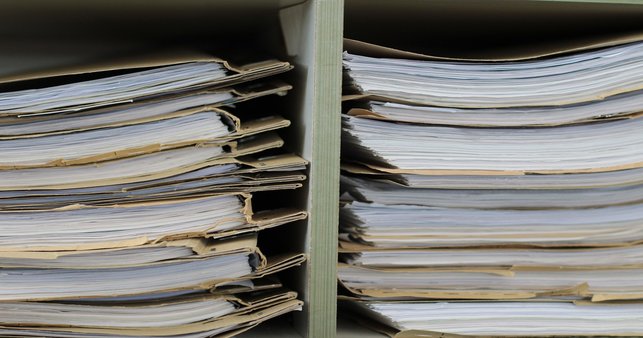
Falsifying Documents
Falsifying documents is the act of intentionally changing or modifying information on a document with the intention of misleading a person or company.
Why Do People Falsify Documents?
Both employers and employees may choose to falsify a document for the sake of their own personal gain. For example, an employee may alter the amount of hours they have worked during the week, or an employer may want their company to look more attractive by changing the number of sales on their records.
Regardless of who is falsifying documents in the workplace, anything that deceives the business goals or its customers can only hurt the business, and employers face harsh penalties for non-compliance, including potential jail time.
Penalties for inaccurate record keeping
The Employment Relations Act 2000 and the Holidays Act 2003 outline the wage and time, and holiday and leave records employers are required to keep, and these must be able to be accessed for six years. If an employer keeps false or incomplete records, the Employment Relations Authority can fine an employer up to $10,000 for an individual, or up to $20,000 for a company per breach.
Commonly Falsified Documents
Although employee timesheets and other records are the most commonly falsified documents, there are other documents sometimes modified by employers for financial gain. These include:
Employee timesheets
Tax returns
Income statements
Sales records
Immigration documents (ie. Visas or passports)
Bank account records
Birth certificates
In fact, almost any kind of formal document or book-keeping process can be falsified. The same applies to electronic files or documents such as spreadsheets, cloud-based documents, and profiles for online accounting software.
Common Acts of Falsification
Documents can be modified in many ways to deceive or mislead people:
Modifying prices or monetary amounts
Forging a signature
Purposely making false statements when being asked to respond truthfully
Destroying crucial information during an investigation
Making copies of and distributing information you know to be false
If you are facing a bankruptcy proceeding, concealing property or assets
Using an official letterhead without permission
Remember, a person is only guilty of falsifying documents if there is proof they acted with the intention of defrauding or deceiving. If a person is unaware the document they are using is fake, they usually cannot be found guilty of falsifying documents. However, failing to keep accurate employee records attracts penalties regardless of the employer’s intention.
Penalty for Falsifying Documents
According to New Zealand Legislation, a person convicted of document falsification is liable to imprisonment for a term of up to 5 years or to a maximum fine of $200,000.
However, due to the hidden nature of falsifying documents, the consequences can vary considerably depending on how severe or widespread the falsification is. Sometimes an employee may be forced by others or the employer themselves to falsify a document. In these cases, the employer might be subject to investigation from the Employment Relations Authority or punished as a crime.
Some of the most common forms of punishment include:
Dismissal based on grounds of serious misconduct
Investigation from Immigration New Zealand for falsifying visas or passports
Facing jail time or paying a fine
Getting audited by Inland Revenue
In many cases, it is up to the employer to decide what happens to an employee caught falsifying documents in the workplace. While an employee might be charged with serious misconduct and go through the regular dismissal process, if the case is more severe, the act might be punishable as a felony.
For advice on how to prevent falsifying documents in the workplace, contact Employsure on 0800 568 012.



